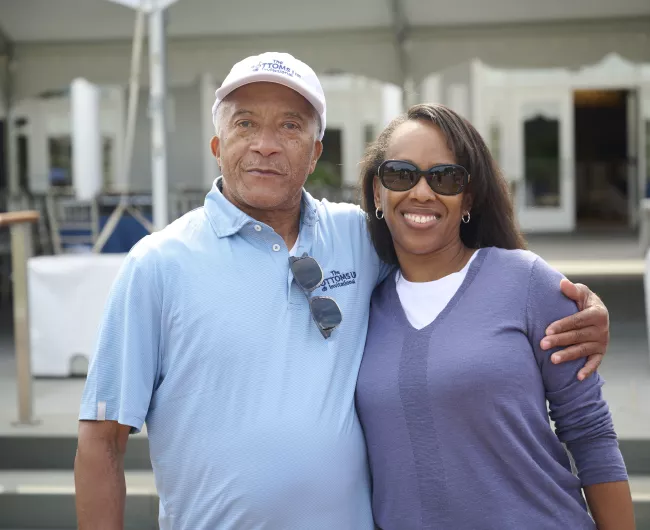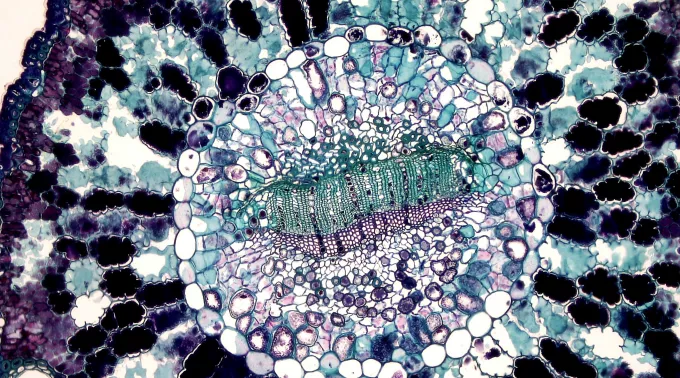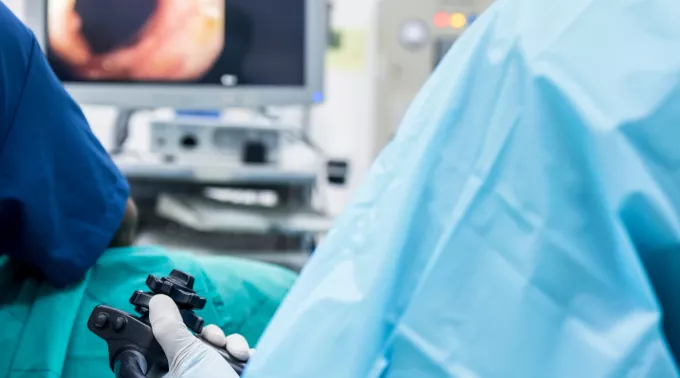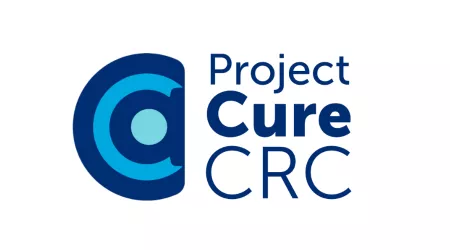Research investments in colorectal cancer health disparities

Colorectal cancer impacts certain demographics more than others
Colorectal cancer rates and mortality vary among racial and ethnic groups, age, and socioeconomic status. For instance, Black Americans have the highest mortality rate and second-highest incidence rate of colorectal cancer in the U.S. The Colorectal Cancer Alliance Chris4Life Research Program awards grants toward research that helps us understand why rates vary among different groups and how to improve early detection and treatment among diverse populations.
Funded research grants
From our research library
Progress reports, publications, presentations, and more based on our recent work in colorectal cancer research.
White Paper: State of the Science in Colorectal Cancer
This report documents the purpose, participants, and process underlying the 2021 research investment strategy planning and the strategic focus areas that developed therefrom.
2021 State of the Science Meeting Summary
This meeting report summarizes the 2021 State of the Science Summit event. The results from the summit, along with other inputs, will be used to inform scientific objectives and key funding strategies for the Alliance to establish the largest return on a $30 million research investment over the next 5 years.
Explore our colorectal cancer research areas
Click on a research focus to see how we're using our research funds to accelerate treatment, prevention, and a cure.

Young-onset colorectal cancer
Colorectal cancer is rising in people under 50, and no one knows why. We invest in research that aims to understand more about colorectal cancer in young people and how to prevent it.

Health disparities
Colorectal cancer rates vary among racial groups, age, and socioeconomic status. We support research that helps us understand why and how to improve early detection and treatment among diverse populations.

Rectal cancer
Nearly 50,000 people with be diagnosed with rectal cancer this year. We awards grants to encourage research in rectal cancer and to establish a successful career path in this field.

Prevention
Colorectal cancer is one of the few cancers that is preventable. We support researchers studying what motivates people to get screened earlier and detect or prevent this unique cancer.

Treatments
More survivors are beating colorectal cancer than ever before. However, we still have a long way to go. We need breakthroughs for advanced colorectal cancer and less toxic and more effective cancer treatments.

Early investigator grants
There is a tremendous unmet need for advancements in screening, treating, and caring for people with colorectal cancer. To foster innovation, we support the training of colorectal cancer researchers.
Support colorectal cancer research
Help make lifesaving research possible. Your gift will be earmarked for the Colorectal Cancer Alliance Chris4Life Research Program.
Up Next
Rectal cancerTop resources

Dr. John Marshall joins the Alliance as Chief Medical Consultant
A veteran in the field of gastrointestinal cancer research, Dr. Marshall will share his leadership experience and scientific expertise to guide the Alliance’s patient support and research initiatives, particularly Project Cure CRC.

Alliance Announces Request for Proposals as it Launches the Largest-Ever CRC Research Investment
In an effort to expedite its life-saving work, the Colorectal Cancer Alliance (Alliance) Project Cure CRC initiative is excited to open its Request for Proposals (RFP). Tens of millions of dollars will be available to researchers from around the world whose work aims to expedite colorectal cancer (CRC) research to a curable science.
Congress must fix CRC research funding oversight
The Colorectal Cancer Alliance is committed in 2024 to finally getting Congress to include colorectal cancer as a dedicated research program at the CDMRP.





